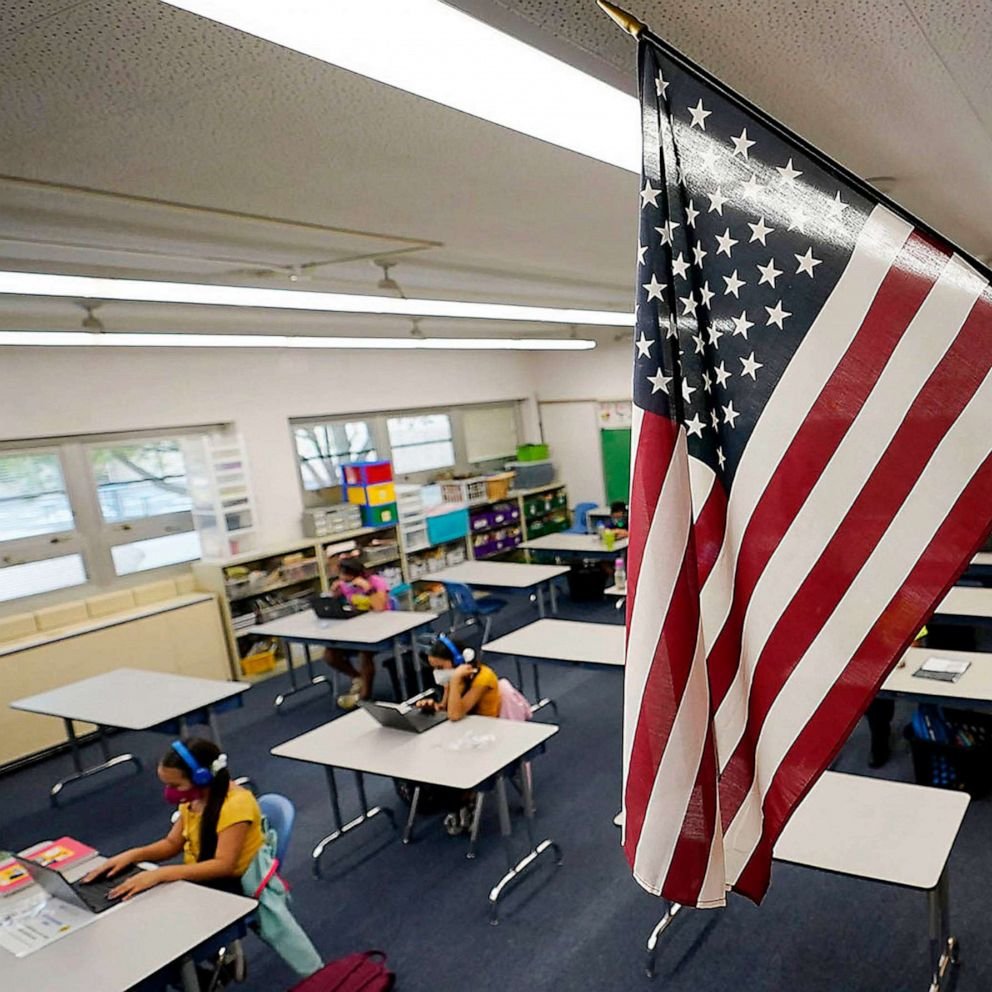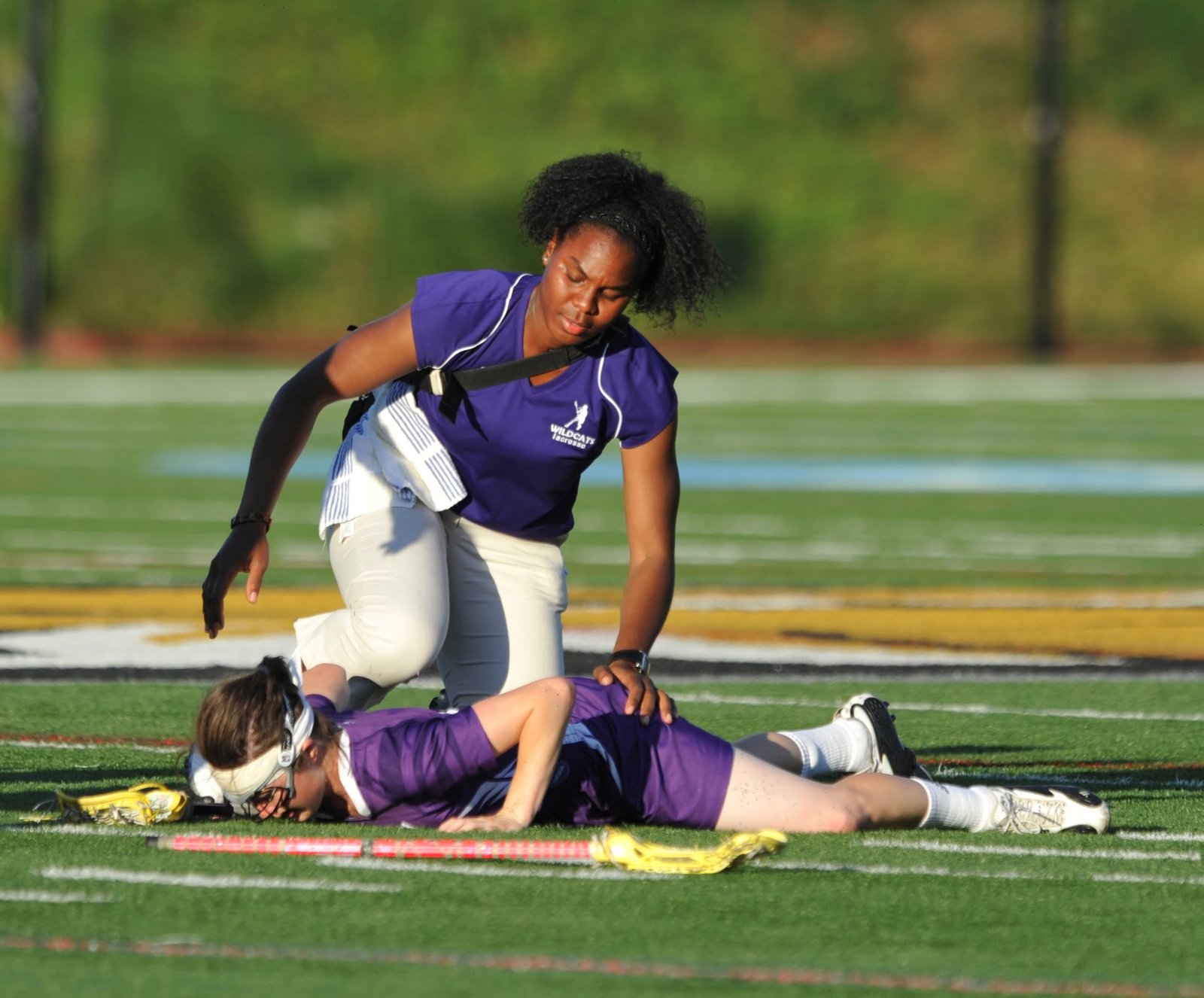
If you want to become a teacher in Virginia, it’s important to understand the job and its basic requirements. Teachers work to educate others, which often requires specialized training and education. Understanding these requirements can help you determine if this career path is a good choice for you.
In this article, we explore what teachers do in the classroom, show you how to become a teacher in Virginia, explain the core skills teachers need and discuss the average salary for teachers in the United States.
What do teachers do?
Teachers have many duties in the classroom, which can include:
-
Creating lesson plans and following state educational curriculums
-
Grading coursework and assigning work to students
-
Fostering a supportive learning environment for students
-
Following all safety protocols to ensure student safety
-
Participating in faculty meetings and discussions
-
Providing emotional and educational support for students and their families
-
Acquiring classroom materials and learning tools
-
Recommending students for enhanced learning opportunities
-
Taking disciplinary action against unruly students
-
Communicating with parents and family members via meetings, phone calls or emails
-
Contributing to classroom and facility enrichment
-
Hosting or participating in school events
How to become a teacher in Virginia
If you want to learn how to become a teacher in Virginia, consider the following steps:
1. Choose your grade or specialization
It’s important to determine what kind of teaching work you want to do to more effectively plan your career. You can begin your career journey by considering where you might want to work and with what age group. For example, you might decide you want to teach 5th grade, with a focus on developmentally disabled children. This can drastically change your education and training requirements, so consider carefully. Teaching specializations typically require a longer educational time commitment and more stringent training criteria.
Related: How To Get Hired as a Teacher in 8 Steps (With Tips)
2. Earn a degree
A bachelor’s degree is the minimum requirement in the state of Virginia for teachers. Earning a bachelor’s degree not only qualifies you to take the state teaching tests, but also helps establish fundamental knowledge in your field and can help you learn the basics of teaching. Consider a bachelor’s degree in education or a specialized field like history, the sciences or mathematics. If you choose a teaching specialization, consider a degree in your specialization to ensure you’re qualified to teach the subject matter. For example, a chemistry teacher for high school might have a master’s in chemistry.
3. Pass state teaching tests
The state of Virginia requires that all teachers pass a series of qualification examinations to determine their fitness to teach. These examinations help the state establish which candidates meet state requirements and possess the right character, training and experience to teach in a classroom. The tests teachers participate in are as follows:
-
Virginia Communication and Literacy Assessment (VCLA)
-
First-aid and CPR
-
Dyslexia awareness training
-
Reading for Virginia Educators
-
PRAXIS II Subject tests
-
Child Abuse and Neglect Recognition and Intervention Training
-
Behavior Interventions and Support Training
Successful passage of each examination qualifies candidates for licensing in Virginia, but the passing scores for each exam can vary based on specific requirements. Teaching specializations may require additional licensing, such as working with disabled children or educationally challenged children. Check with local guidelines to learn more about municipal requirements for teachers, as they may require additional certifications or experience.
4. Earn a teacher’s license in Virginia
Once you pass your examinations, you can apply for a teacher’s license in the state of Virginia. The Virginia Department of Education oversees examinations and licensing requirements. Submit your application with copies of your credentials and pay the application fee, which can vary based on Virginia requirements. Typically, the exam fee is around $100-$150. The application process requires copies of your professional credentials and test scores, a fingerprint card for background testing and a background check for criminal history.
5. Apply for teaching positions
With a degree, successful testing and a teaching license, you can seek employment as a fully licensed teacher in Virginia. Seek open positions with municipal school systems, private schools or specialized education programs, depending on your credentials. You may participate in teacher training programs of internships during your education that can provide a clearer career path. For example, you might work as a teaching assistant while pursuing your degree, creating a relationship with the school and a potential pathway for employment as a teacher.
Skills for teachers
Teachers often need various skills to teach, lead and mentor their students. These can include:
-
Strong interpersonal skills: One of the most important skills for teachers is strong interpersonal skills. Since they work directly with people and young students, they understand how to talk to, listen and work with others effectively.
-
Proficiency in their subject matter: Teachers possess proficiency in the subjects they teach, allowing them to effectively instruct others in the tenants of those subjects.
-
Patience: Teachers need immense patience, as they teach new subject matter to young students and may encounter difficult situations.
-
Planning skills: Teachers need strong planning skills to plan lessons and activities for students and help plan or manage school events.
-
Organizational skills: Teachers need strong organizational skills to organize classrooms, students, their time and their teaching resources for maximum efficiency.
Salary information
In Virginia, teachers can earn an average salary of around $26,497 per year, which is slightly higher than the national average of about $25,417 per year. While these are averages, the specific school system or institution you work for may offer higher salaries or benefits, depending on your experience level, educational level and specialization. Some specializations earn more based on the difficulty of the position or the hours required.











